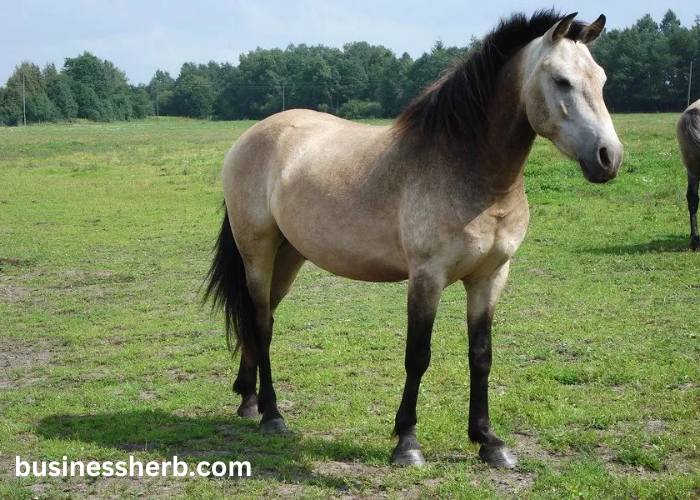Horses have long captivated human imagination and played a significant role in the development of civilizations. From their early domestication to their presence in various cultural narratives, horses are not only majestic creatures but also vital contributors to human history. This article explores the rich history, diverse breeds, and profound cultural significance of horses. Discover the best horse racing tips and information on France Cheval Turf. Get expert insights and analysis to improve your betting experience.
The History of Horses
The history of horses dates back approximately 55 million years, originating from small, multi-toed creatures known as Eohippus, or the “dawn horse.” Over millions of years, these early ancestors evolved into the large, single-toed animals we recognize today. The modern horse, Equus ferus caballus, was domesticated around 4000 BCE on the steppes of Central Asia, significantly influencing the course of human history.
Domesticated horses transformed human society by providing a new mode of transportation, enhancing agricultural productivity, and serving as essential partners in warfare. They facilitated trade, migration, and communication, shaping the cultural and economic landscapes of ancient civilizations like Mesopotamia, Egypt, Greece, and Rome.
Diversity of Breeds
There are over 300 horse breeds worldwide, each developed for specific purposes and environments. These breeds vary significantly in size, temperament, and abilities, showcasing the versatility and adaptability of horses.
- Arabian: One of the oldest and most recognizable breeds, the Arabian horse is known for its endurance, speed, and refined physical features. Originating from the Arabian Peninsula, this breed has influenced many other horse breeds.
- Thoroughbred: Famous for its role in horse racing, the Thoroughbred is a breed characterized by its agility, speed, and spirit. Developed in England in the 17th and 18th centuries, Thoroughbreds are renowned athletes in the equine world.
- Clydesdale: Known for their impressive size and strength, Clydesdales are draft horses originally bred in Scotland for heavy farm and industrial work. They are easily recognizable by their large stature and distinctive feathered legs.
- American Quarter Horse: This breed excels in sprinting short distances and is particularly popular in Western riding disciplines such as rodeo, reining, and cutting. The American Quarter Horse is valued for its versatility, calm temperament, and athleticism.
- Friesian: Originating from the Netherlands, the Friesian horse is admired for its striking black coat, long mane, and elegant movement. Historically used as war horses, they are now popular in dressage and driving competitions.
Cultural Significance
Horses have not only been instrumental in human progress but also hold a profound place in various cultural, religious, and mythological contexts.
- Mythology and Religion: Horses appear in numerous mythologies and religious texts. In Greek mythology, the winged horse Pegasus symbolizes wisdom and inspiration. Norse mythology features Sleipnir, an eight-legged horse ridden by Odin. In Hinduism, the Ashvins, twin horsemen gods, are associated with health and medicine.
- Art and Literature: Horses have been a source of artistic inspiration for centuries. From the cave paintings of Lascaux to the equestrian statues of Renaissance Europe, horses have been depicted in various art forms. In literature, classics like Anna Sewell’s “Black Beauty” and Michael Morpurgo’s “War Horse” highlight the deep bond between humans and horses.
- Symbolism: Horses often symbolize freedom, power, and grace. They are seen as noble creatures representing strength and loyalty. In many cultures, horses are integral to national identities, such as the American Mustang, symbolizing the spirit of the American West.
- Modern-Day Roles: Today, horses continue to play significant roles in sports, therapy, and recreation. Equestrian sports like show jumping, dressage, and polo are popular worldwide. Equine-assisted therapy provides physical and emotional benefits to individuals with disabilities, highlighting the ongoing partnership between humans and horses.
Conclusion
The majestic horse remains a testament to the enduring relationship between humans and animals. From their ancient origins to their diverse breeds and cultural significance, horses have shaped and enriched human civilization in countless ways. As we continue to celebrate and care for these remarkable creatures, we honor their legacy and the vital role they play in our world.

